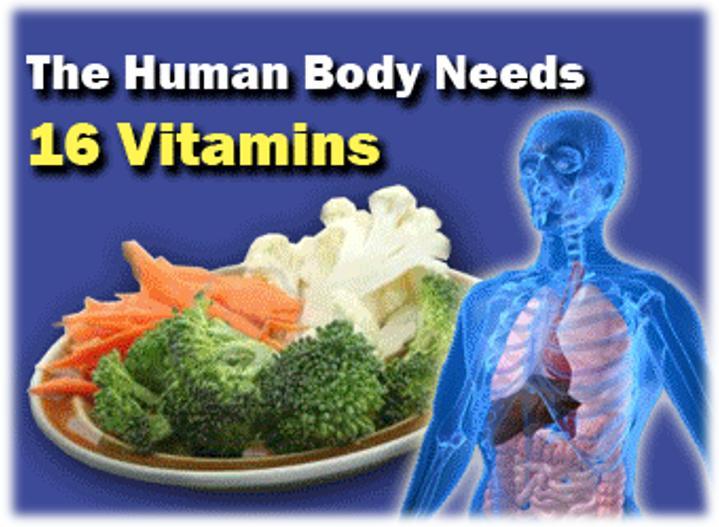How 90 Essential Nutrients Works
Minerals (60)
Vitamins (16)
|
Vitamins are crucial to normal growth and development. Vitamin C, for example, is used by the body to form collagen in bones, cartilage, muscle and blood vessels, and it also aids in the absorption of iron. Scientific research is just beginning to uncover the numerous benefits of Vitamin D, which includes support for bone, heart, immune and cellular health.
Vitamins are divided into two groups: water-soluble (B-complex vitamins and C vitamins) and fat-soluble vitamins (A, D, E and K). Unlike water-soluble vitamins that need regular replacement in the body, fat-soluble vitamins are stored in the liver and fatty tissues, and are eliminated much more slowly than water-soluble vitamins. |
Amino Acids (12)
|
These “building blocks of life” combine to form proteins. Their uses include growth, muscle building and digestion. Amino acids are classified into three groups: essential (the body cannot make them; they must be obtained from diet); non-essential (synthesized by the human body) and conditional (essential when the body is under stress or in poor health).
|
Essential Fatty Acids (2)
|
The Omega-3, Omega-6, and Omega-9 fatty acids are essential to human health, playing an important role in a wide range of biological systems, such as reproductive, respiratory, cardiovascular, mental, nervous, and eye health. Studies show that most people aren’t getting enough of these key nutrients.
|
Disclaimer: The entire contents of this website are based upon the opinions of Dr. Wallach. The information on this website is not intended to diagnose, treat, cure any disease and is not intended as medical advice. It is intended as information and knowledge from the research and experience of Dr. Wallach. If you are pregnant, nursing, taking medication, or have a medical condition, consult your health care professional before using products based on this content.






